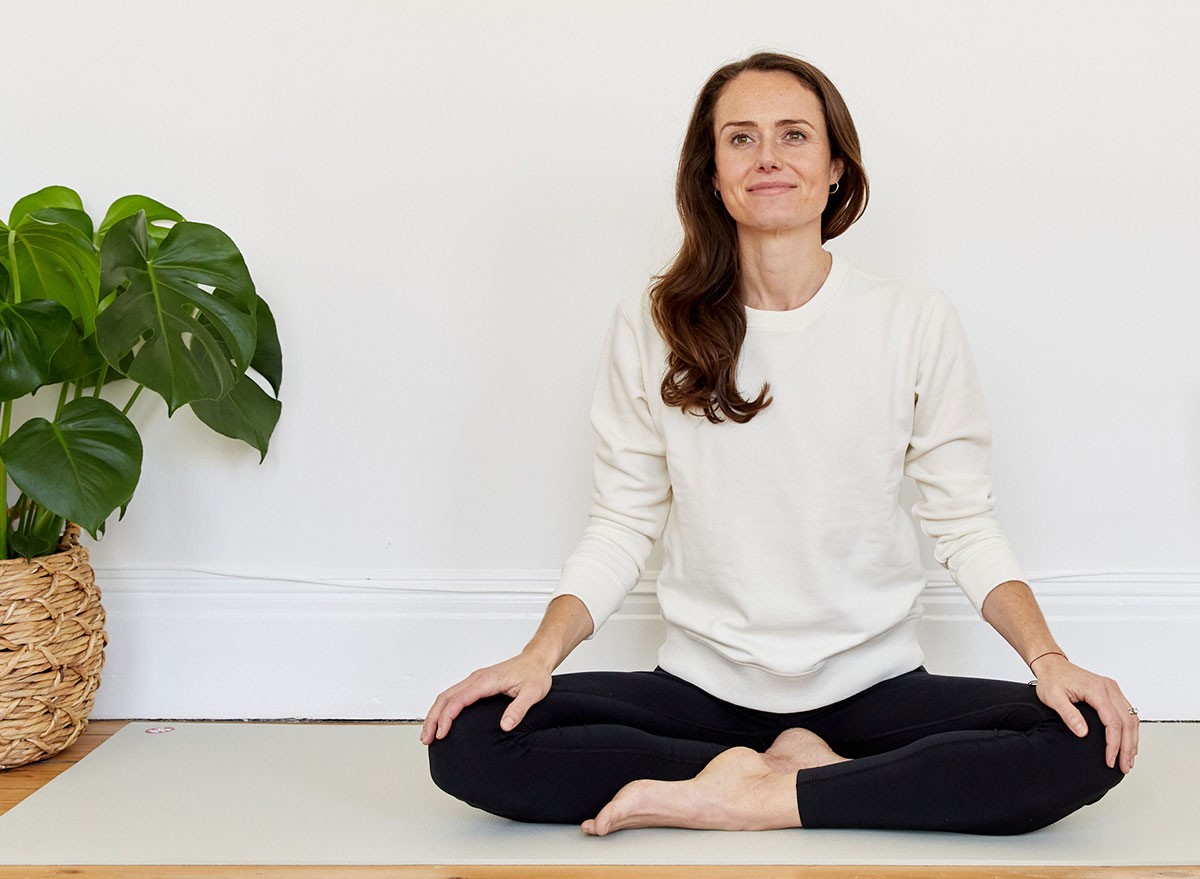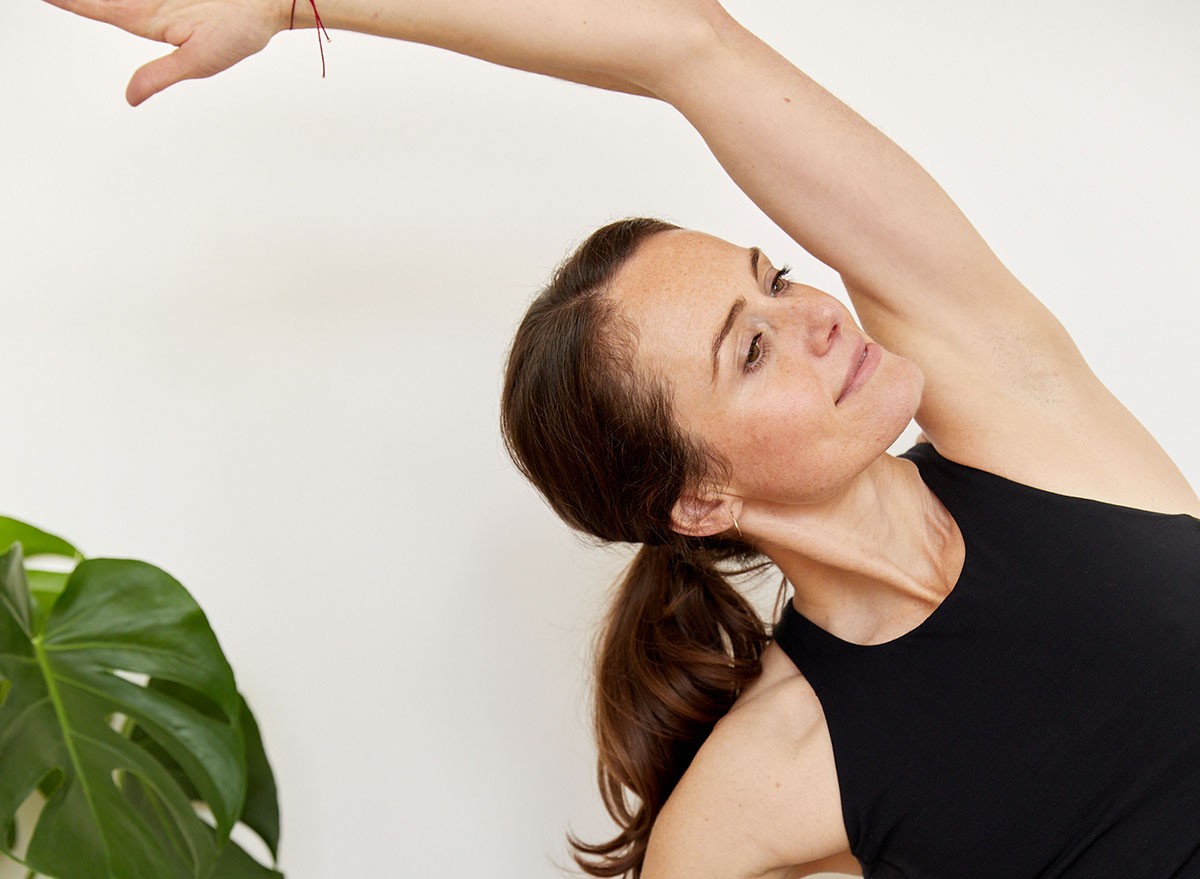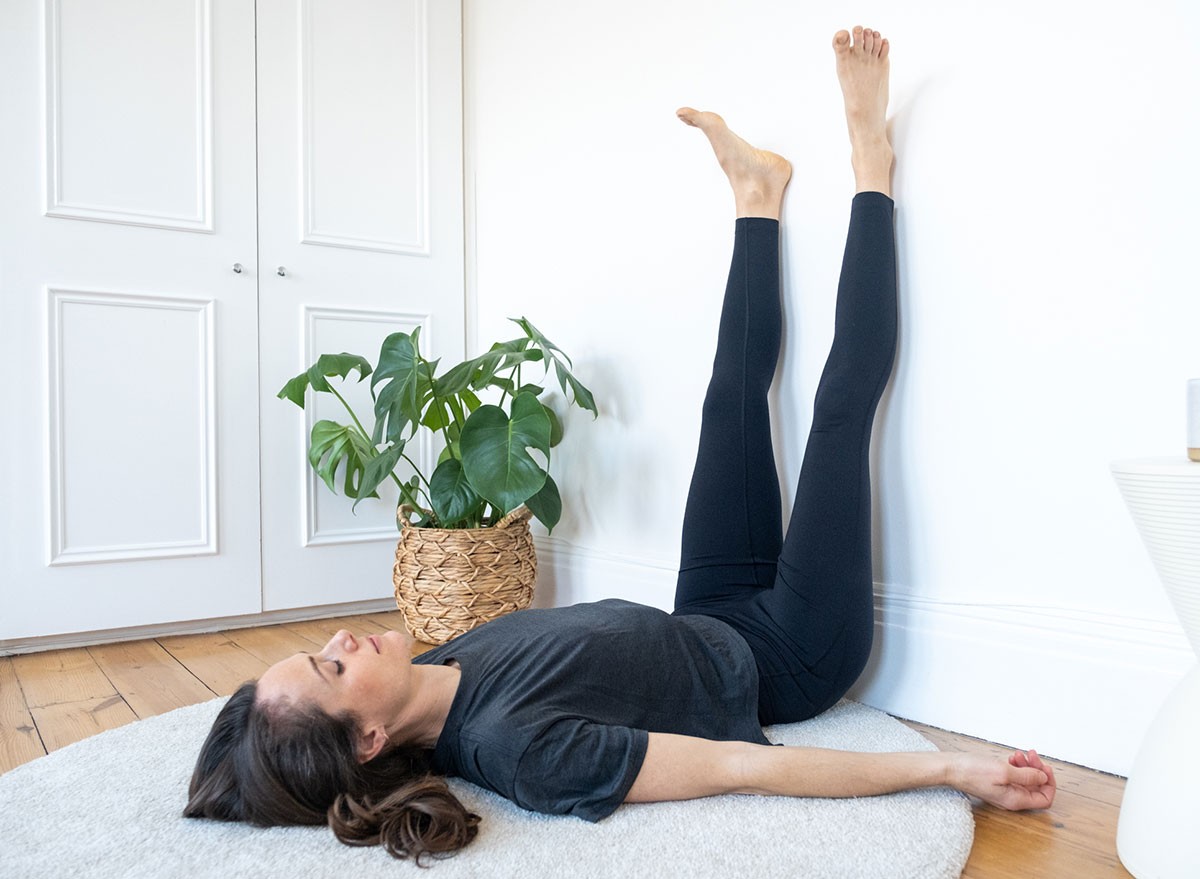7 Rest Strategies Pro Athletes Use for Better Sleep and Less Stress

In today's fast-paced world, most of us struggle to find balance between doing and resting. We're constantly on the go, rarely taking time to truly recover from our daily demands. As someone who has spent 20 years coaching professional athletes, everyday runners, pre- and post-natal women, and office workers, I've seen firsthand how transformative intentional rest can be. The strategies that help elite athletes recover can work for you too—improving your sleep, reducing stress, and boosting your overall wellbeing. Join me in creating a rest practice that fits your lifestyle and helps you reclaim your energy.
Why Rest Matters

There is so much science affirming the importance of rest, the benefits of which are vast and undeniable. Rest and recovery support you to:
- Decrease stress and tension
- Absorb the benefits and gains of your efforts
- Manage and solve physical pain
- Increase your attentional capacity
- Promote mental stability
- Boost your immune system
- Improve the quality of your sleep.
And so much more!
Strategy 1: Train Your Rest Like a Muscle
If you value your well-being and longevity, you have to activate and strengthen rest and recovery, on purpose, just as you would train a muscle. Our bodies are engineered for balance — this is as true for balancing work and rest as it is for balancing strength and flexibility. And yet we live in a world that asks us to do too much, all the time, leaving little to no time to integrate or absorb all of our efforts and happenings.
RELATED: 12-3-30 Walking Method: 20 Proven Tips to Lose Weight Faster
Strategy 2: Build a Restorative Mindset

Understanding rest is step one. This is all about cultivating a restorative mindset and becoming more receptive to rest, and in doing so answering the question, Why should you rest and recover? Acknowledge that rest is important — Recovery is just as important as everything else you do. It's not automatic — it's a skill that needs developing with practice.
Strategy 3: Use Your Own Attention as a Tool
Recovery is readily available — you don't need any fancy tools or gadgets or a lot of time. Rather, your own attention holds the greatest power to restore you in the moments when you need rest the most. In today's world, we habitually do things so hard and fast, and at such high volume, that many of us find it difficult to access a slower gear. But it's not that we can't do it, we're just out of practice.
Strategy 4: Practice Mental and Physical Recovery

As you continue to develop your restorative mindset, you'll fine-tune your ability to recognize when it's time to stop working and to start resting. Once you stop, what should you do? This is when it's time to activate real recovery with contextual practice in order to connect the dots of how to make rest work for you. I recommend integrating both mental focus and physical relaxation to create entry points to rest and to support yourself to recover in a more meaningful way.
RELATED: 5-Minute Walking Workouts for Women Over 40 to Burn Fat at Home
Strategy 5: Make Recovery Fit Your Schedule
If your practice doesn't fit in your real life, it won't work! Recovery is a unique and personal practice — there's no universal prescription that best serves all of us. Consider the practicalities of actually resting and know that you can recover in the time that you do have, whether it's 5, 20, or 60 minutes. Even brief recharges add up to more ease and better energy.
Strategy 6: Build the Recovery Habit
As you develop your restorative skill set, it's your practice — attention and reps — that is the real game changer. Consistent practice is what will increase your ability to use rest to full advantage and to become more fluent in recovery. Rather than skipping recovery because you're time-poor, remember that anything is better than nothing, and the more you practice rest, the more adept you become at recovering efficiently and effectively.
RELATED: Tone Sagging Arms in 2 Weeks With These 5 Exercises
Strategy 7: Start Right Where You Are
Get out of your own way — rest now. So often we defeat ourselves before we've even started. Don't underestimate the power the briefest, simplest gestures hold to restore you in the moments when you truly need rest the most. Move, Rest, Recover is full of practical tools and inspiration to catch your breath, right where you are.
About the author:
Erin Taylor is an international recovery expert, writer, and yoga teacher. For 20 years, she has coached professional athletes, everyday runners, pre- and post-natal women, office workers, and anyone looking to integrate practices that improve well-being and longevity. She is the creator of Balance Practice, a platform that offers practical tools to inspire and support mental and physical balance in all aspects of life. Erin is also the founder of Athletes for Yoga, the only athlete-led, on-demand video platform and app that puts yoga into the context of sport and well-being goals, and the author of books including Move, Rest, Recover and Work IN.




